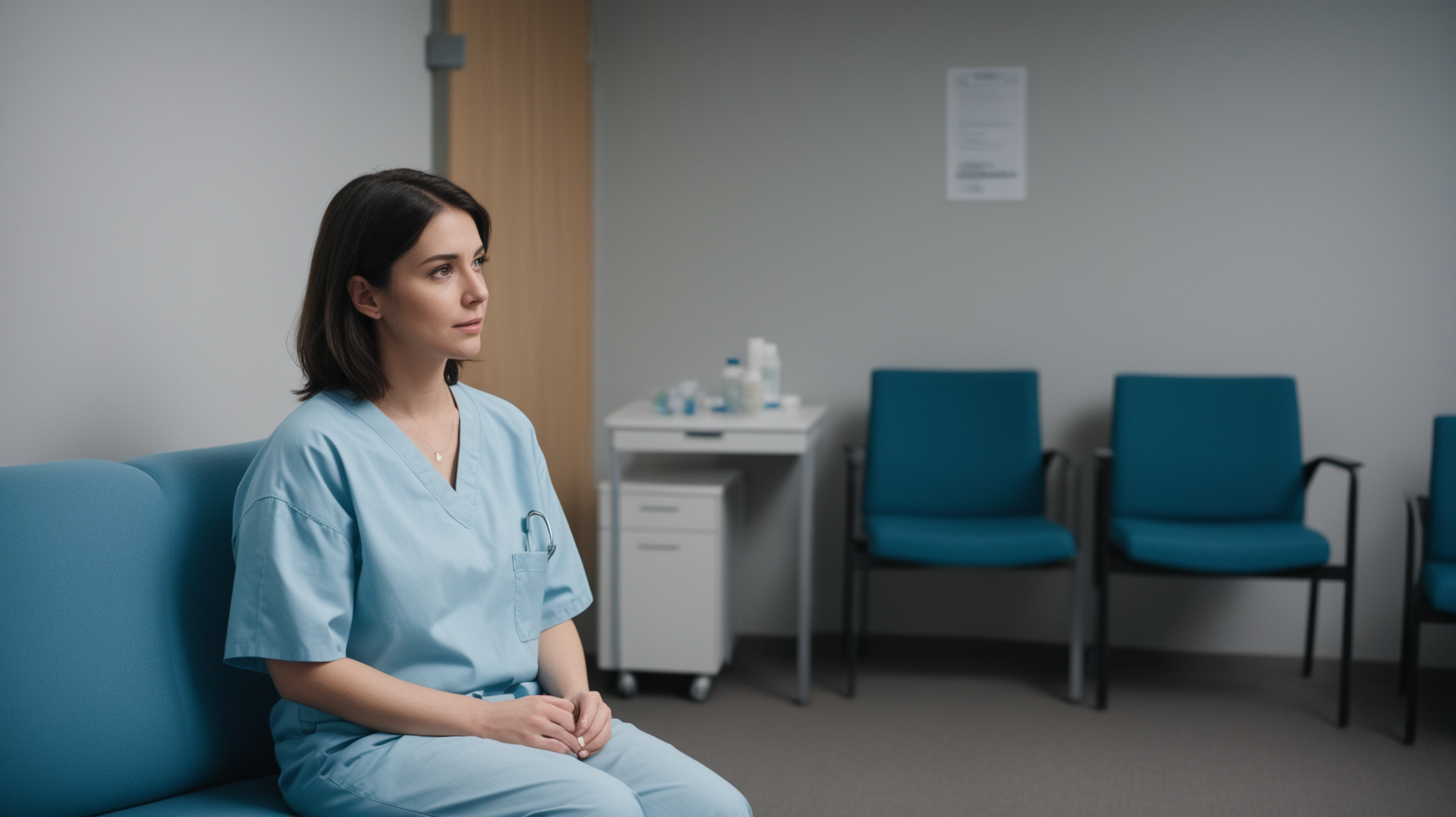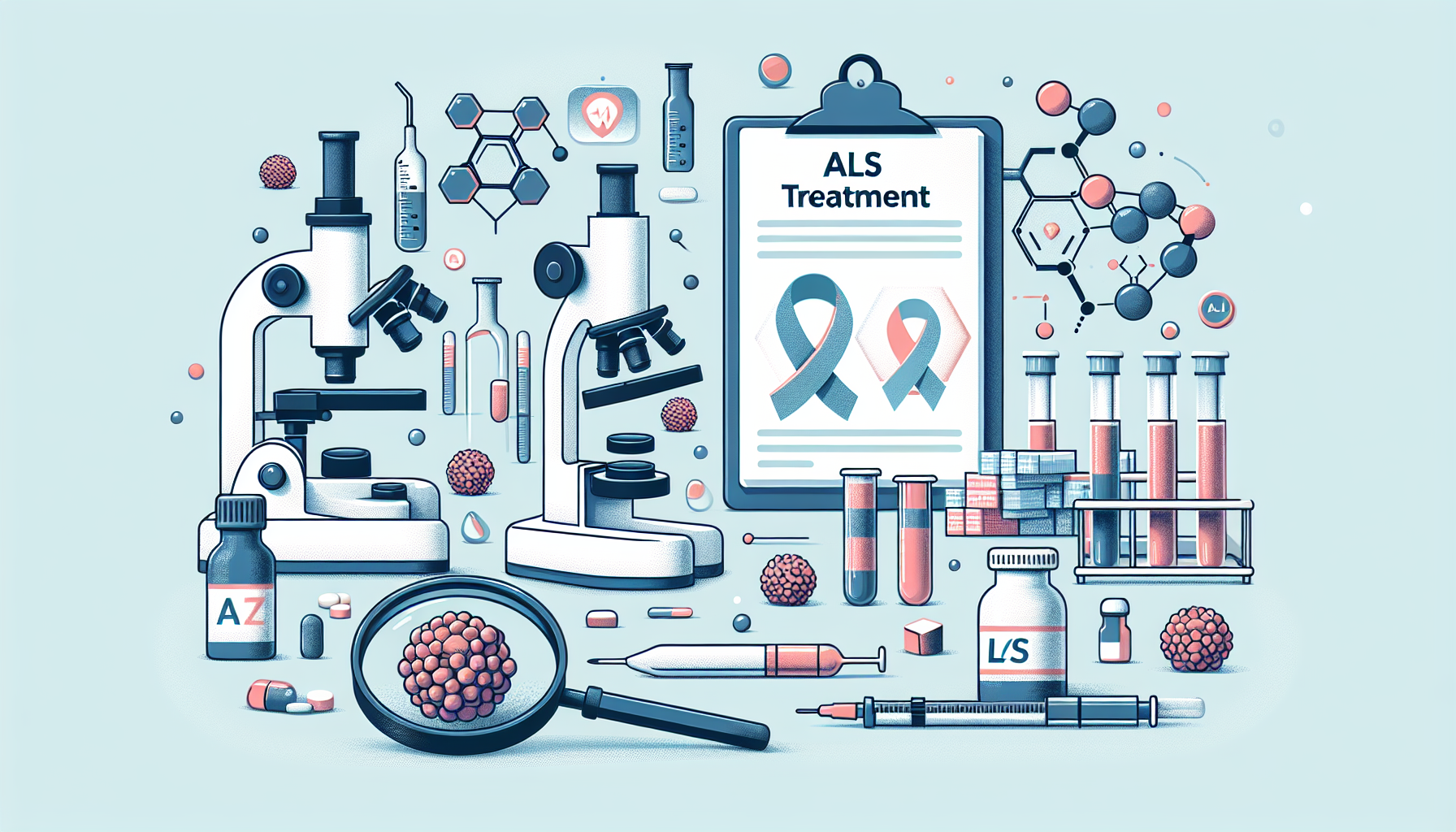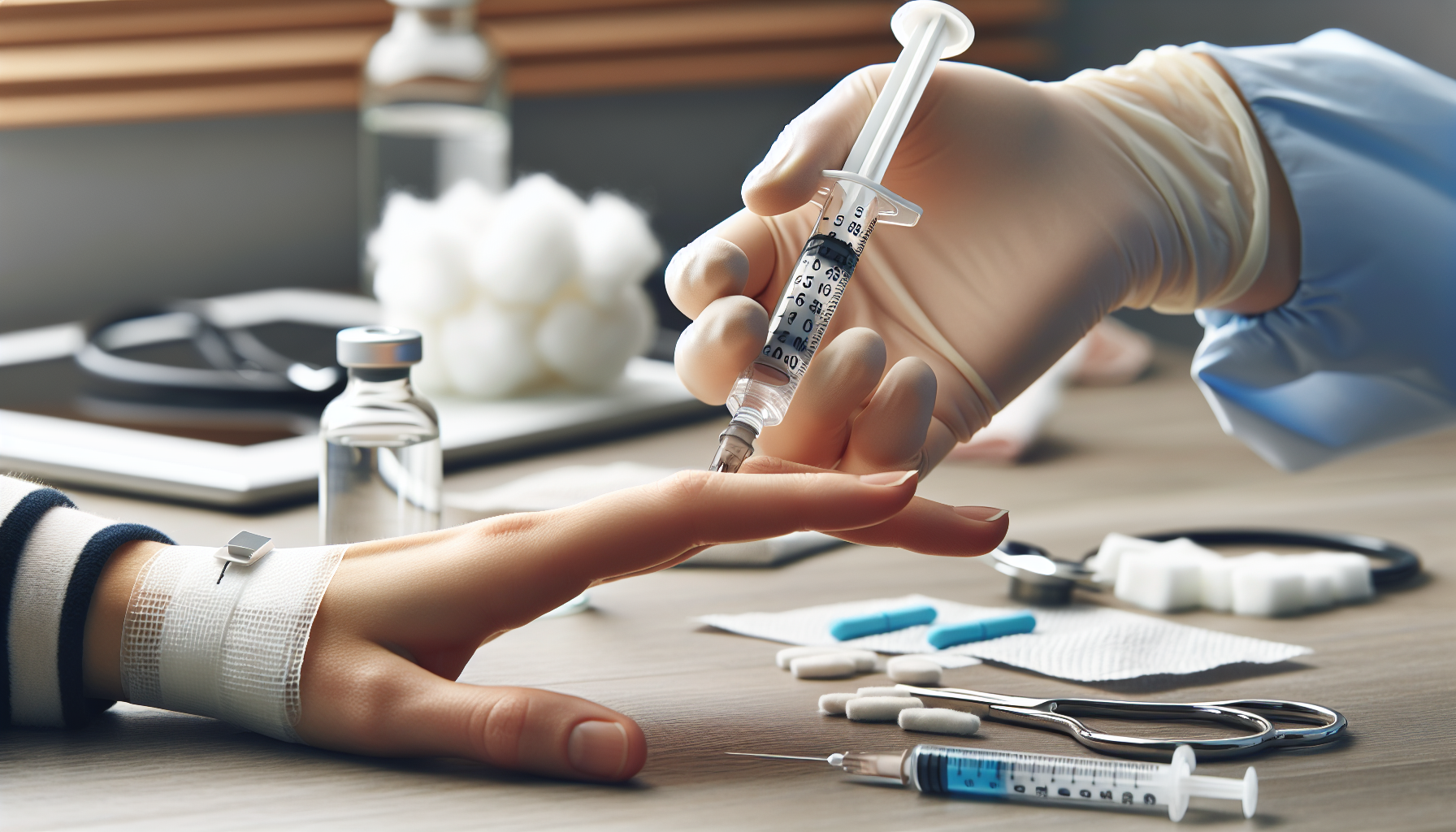Hereditary Angioedema: Promising Study Results for Donidalorsen
Key Takeaways
- Donidalorsen significantly reduces HAE attack rates.
- Patients prefer donidalorsen over previous treatments.
- Donidalorsen shows a favorable safety and tolerability profile.
Did You Know?
Introduction to Hereditary Angioedema
Hereditary angioedema (HAE) is a rare and serious genetic condition that causes recurrent episodes of severe swelling in different parts of the body such as the hands, feet, stomach, face, and throat. These attacks can be unpredictable and life-threatening if they impact the airway.
HAE affects an estimated 20,000 people across the United States and Europe. The condition can significantly disrupt daily life, making effective treatments crucial.
Study Overview
Ionis Pharmaceuticals recently announced positive results from their Phase 3 OASIS-HAE and OASISplus studies, which investigated the efficacy of donidalorsen, an investigational medicine in patients with HAE. These studies demonstrated that donidalorsen significantly reduces the frequency of HAE attacks, providing substantial and sustained improvement over time.
The OASIS-HAE study involved patients receiving either a placebo or donidalorsen administered via subcutaneous injection every four or eight weeks. Results showed that donidalorsen led to a significant reduction in the mean monthly rates of HAE attacks.
Significant Findings
Key findings from the OASIS-HAE study include a greater than 90% improvement in attack rate reduction with donidalorsen treatment compared to baseline, regardless of monthly or every two-month dosing.
Moreover, in the OASISplus study, patients who transitioned to donidalorsen from other prophylactic treatments witnessed an additional 62% reduction in monthly attack rates. Notably, 84% of those patients expressed a preference for donidalorsen over their previous treatments.
Safety and Administration
Donidalorsen showed a positive safety and tolerability profile in both studies. The treatment was well-tolerated even when self-administered via an auto-injector, demonstrating its potential for convenient at-home use.
The studies emphasized that the treatment did not increase the rate of breakthrough attacks, maintaining the patients' ability to control the disease effectively.
Impact on Quality of Life
In addition to reducing HAE attacks, donidalorsen treatment was associated with an overall improvement in the quality of life for patients. This includes reduced anxiety related to potential attacks and the ability to engage more confidently in daily activities.
Healthcare providers noted the importance of reliable treatment options that offer durable efficacy, highlighting the value of donidalorsen in managing HAE long-term.
Future Directions
Based on these promising study results, Ionis Pharmaceuticals is seeking regulatory approval for donidalorsen as a new treatment option for HAE. The company plans to file a New Drug Application with the U.S. Food and Drug Administration (FDA) and a Marketing Authorization Application with the European Medicines Agency (EMA).
If approved, donidalorsen will become part of Ionis' growing portfolio of specialized medicines, potentially transforming the treatment landscape for HAE.
Conclusion
The findings from the OASIS-HAE and OASISplus studies underscore the potential of donidalorsen as a highly effective treatment for hereditary angioedema. With a favorable safety profile and significant reductions in attack frequency, donidalorsen represents a promising advancement in HAE management.
Patients and healthcare providers eagerly await the regulatory approval that could soon make donidalorsen a vital tool in the fight against HAE.
References
- Ionis Pharmaceuticalshttps://www.ionispharma.com/
- ClinicalTrials.gov - OASIS-HAE Studyhttps://clinicaltrials.gov/ct2/show/NCT05139810
- ClinicalTrials.gov - OASISplus Studyhttps://clinicaltrials.gov/ct2/show/NCT04307381






